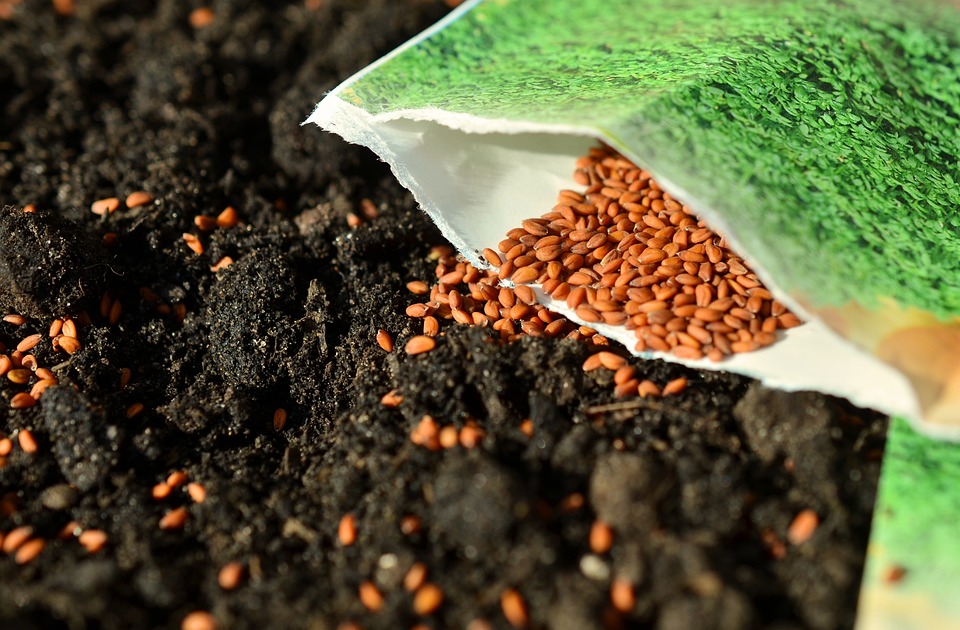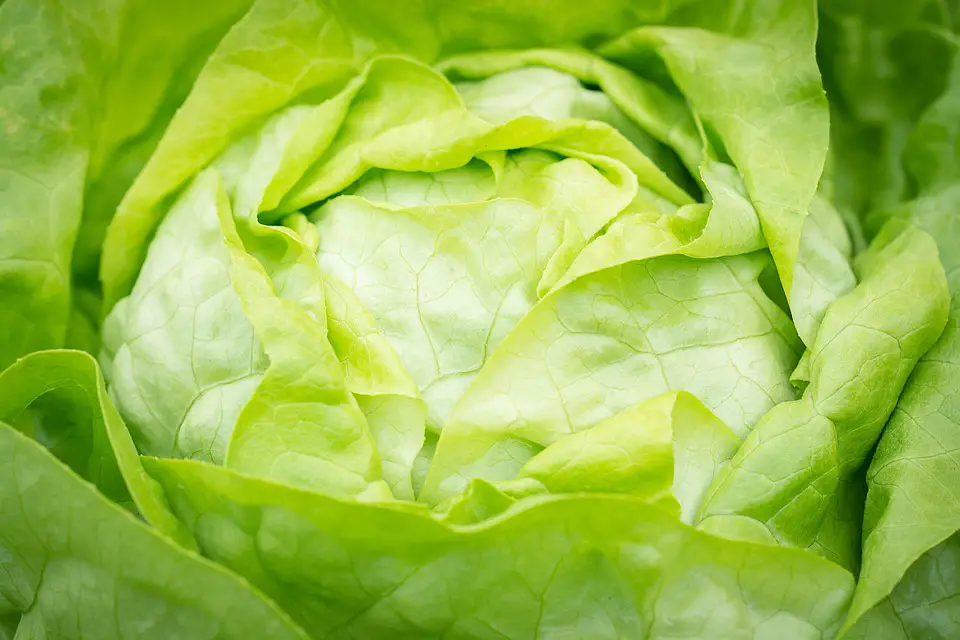Introduction
Soil is one of the most vital resources on our planet.
It supports the growth of crops and feeds the world’s population.
However, soil degradation and improper soil management practices have become major concerns, threatening agriculture and food security.
In this article, we will explore the importance of soil care and why it is crucial to protect agriculture and ensure food security.
The Role of Soil in Agriculture
Soil is the foundation for agricultural production.
It provides essential nutrients, water storage, and anchorage for plant roots.
Healthy soil also supports a diverse ecosystem of beneficial microbes, insects, and earthworms, contributing to the overall health of crops.
Without fertile soil, it becomes challenging to cultivate healthy crops and achieve sustainable agricultural practices.
Importance of Soil Care
Effective soil care practices are essential to maintain soil fertility, prevent degradation, and promote sustainable agriculture.
Here are some key reasons why soil care is of utmost importance:
1. Nutrient Cycling and Fertilizer Efficiency
Healthy soil retains nutrients and efficiently releases them to plants when needed.
Proper soil care practices, such as crop rotation, cover cropping, and organic matter amendments, enhance nutrient cycling and minimize the reliance on chemical fertilizers.
This reduces production costs and minimizes the environmental impact of excessive fertilizer use.
2. Water Management
Soil with good structure and organic matter content acts as a sponge, efficiently storing and releasing water.
By taking care of the soil, we can prevent water runoff, erosion, and water pollution while ensuring crops have access to an adequate water supply.
This is crucial for areas facing water scarcity or prone to drought.
3. Carbon Sequestration and Climate Change
Healthy soil plays a vital role in mitigating climate change by acting as a carbon sink.
It stores significant amounts of carbon, reducing greenhouse gas emissions from the atmosphere.
Practices like agroforestry, conservation tillage, and soil cover management contribute to carbon sequestration and help combat climate change.
4. Biodiversity and Pest Management
Proper soil care supports a diverse ecosystem of organisms.
Beneficial insects, microbes, and earthworms regulate pests, prevent outbreaks, and enhance plant health naturally.
Healthy soil acts as a natural defense mechanism, reducing the reliance on chemical pesticides and providing sustainable pest management solutions.
5. Long-Term Sustainability
By caring for the soil, we maintain its long-term productivity and ensure the sustainability of agricultural practices for future generations.
Soil conservation measures, such as terracing, contour plowing, and erosion control, preserve the valuable topsoil, preventing its loss due to erosion and preserving its fertility.
Conclusion
Soil care is a fundamental aspect of protecting agriculture and ensuring food security.
By implementing sustainable soil management practices, we can prevent soil degradation, enhance crop productivity, improve water management, mitigate climate change, and foster long-term sustainability.
Governments, farmers, and individuals must prioritize soil care to safeguard our agricultural systems and secure the future of food production.
FAQs
Why is soil care important for food security?
Soil care is important for food security because healthy soil supports crop growth and ensures high yields.
By maintaining soil fertility, nutrient cycling, and water management through proper soil care practices, we can sustainably produce enough food to feed the growing global population.
What are some recommended soil care practices?
Some recommended soil care practices include crop rotation, cover cropping, organic matter amendments, conservation tillage, terracing, erosion control, and agroforestry.
These practices improve soil health, enhance water retention, promote biodiversity, and reduce reliance on chemical inputs.
How does soil care contribute to climate change mitigation?
Through practices like carbon sequestration, soil cover management, and agroforestry, soil care helps mitigate climate change.
Healthy soil acts as a carbon sink, storing carbon dioxide and reducing greenhouse gas emissions, thus mitigating the impact of climate change and promoting environmental sustainability.





